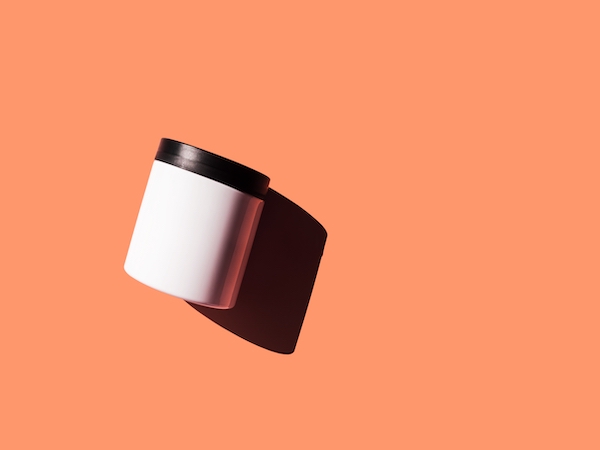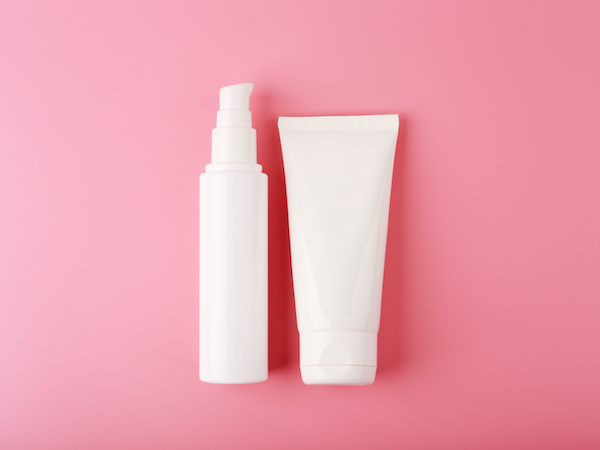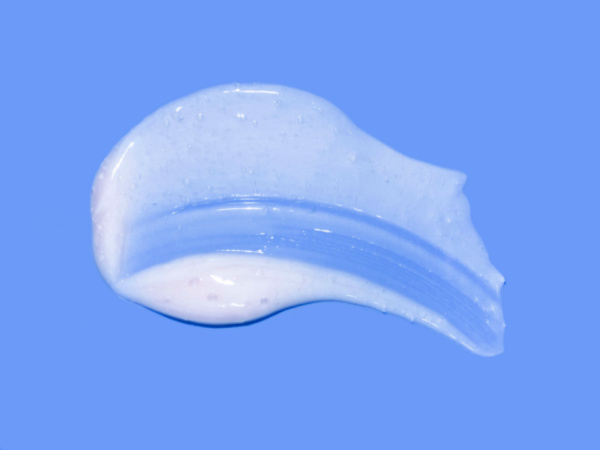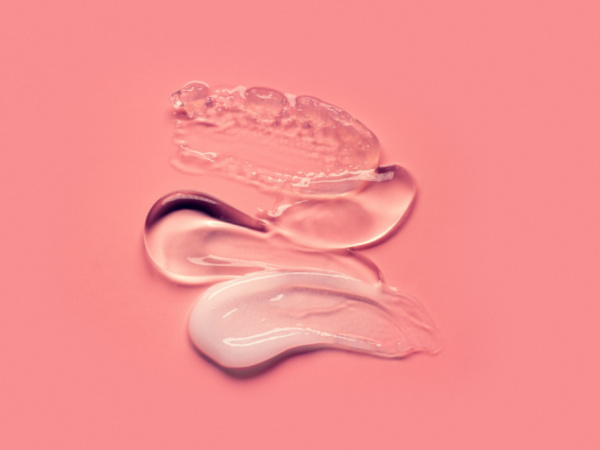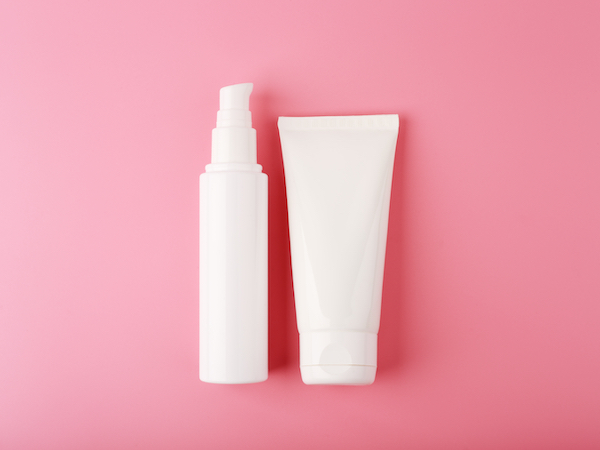When most people think about acne, they imagine the face as the primary area being affected, but the truth is that you can get acne all over your body. This is called ‘body acne’.
Unfortunately, for people looking for how to get rid of body acne, it’s hard knowing what specific body acne treatments are going to work. But not to worry! The team at Felix has put together this page to help you learn about the types of body acne, what causes it, and some treatment options you’ll want to try.
What is Body Acne?
Simply put, body acne is when you start to experience types of acne breakouts, on different parts of your body then the areas where acne commonly presents (i.e., your face, neck, etc.).
This could occur on virtually any part of your body, with some areas and types of body acne being quite uncomfortable when they occur.
What Causes Body Acne?
There are a number of different potential causes of body acne, which can trigger breakouts in different areas. These causes could include:
- Age – Teenagers and people in their early 20s are at the highest risk
- Dietary habits – Too much sugars, simple carbohydrates, or dairy products
- Stress levels – Leads to decision making that increases acne risks
- Genetic predisposition – Acne often runs in families
- Sweating and exercise – Sweat can block pores, triggering acne
- Hormonal imbalances – This can occur during puberty, during menstrual cycles, during pregnancy, during perimenopause, and/or due to other medical conditions
- Chafing – This can occur from wearing certain types of restrictive clothing or accessories (i.e., backpacks, tight shirts/pants, etc.)
- Prescription medications and anabolic steroids
- Being Overweight – It’s believed that obesity could lead to an increase in androgen levels, which stimulates sebum (skin oil) production
As you can see, there are a wide array of different reasons why body acne may occur. It may not always be easy for a practitioner to diagnose the exact cause of your body acne, due to the fact that there are so many overlapping potential triggers.
However, after an assessment, a practitioner from Felix will be happy to discuss potential treatment options that can help you minimize and manage bothersome outbreaks.
Are There Different Types of Body Acne?
There are 5 different types of body acne that you could experience:
- Pustules – Pustules are like a blister, but they’re filled with pus. They’re also usually inflamed.
- Papules – Papules are a small, inflamed bump on your skin that’s less than 1 cm in diameter. They’re usually red and can be quite tender to the touch.
- Nodules – Nodules are the same as a papule, only they’re larger than 1 cm in diameter.
- Cysts – Cysts are a papule or nodule that contains fluid, allowing it to be fluctuant (moveable or compressible).
- Comedones – Comedones are what most people think of as traditional acne, which are pores that have been blocked with debris (i.e., bacteria, oils, dead skin cells, etc.). They can be open at the top (blackheads) or closed (whiteheads).
FUN FACT: The reason that blackheads are actually black on top is because the debris causing the blockage is exposed to air, which causes the debris to become discoloured.
How to Get Rid of Body Acne
The best treatment for body acne symptoms is to wash regularly, using an antibacterial cleanser (i.e., benzoyl peroxide), which decreases the amount of bacteria on your skin.
Leave the cleanser on the affected area for 5 minutes and then wash it off, so that it has enough time to properly treat the area.
If you’d like to talk about other treatment options for how to get rid of body acne, complete a short assessment to get started with Felix today.
Ways to Prevent Body Acne
Certain elements that can cause body acne aren’t preventable, like genetic factors. However, there are some ways that you can reduce the risks of body acne occurring, such as:
- Wear clean, loose-fitting clothing for exercise
- Shower as soon as possible after exercising, with a BP wash
- Avoid accessories that chafe (i.e., backpacks)
- Avoid trigger foods (i.e., excessive sugars, simple carbohydrates, excessive dairy, etc.)
- Avoid performance enhancing drugs (i.e., steroids)
- Talk to your healthcare practitioner about any other conditions or medications you may be taking, which could be contributing to your body acne
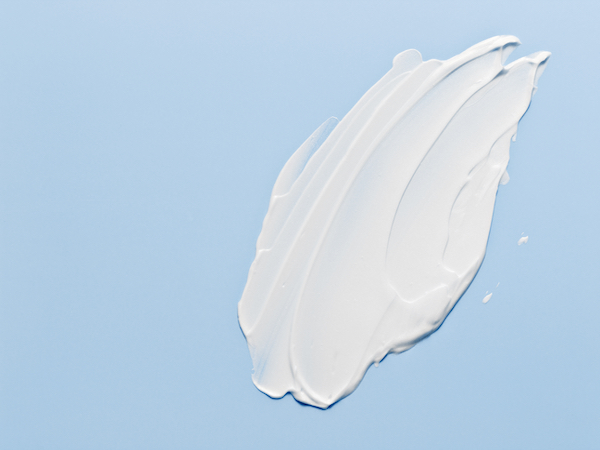
What are Treatment Options for Body Acne?
Now, to answer “how to get rid of body acne”, there are a few different options available for body acne treatments. Before considering medical interventions, it’s a good idea to start with lifestyle changes that could reduce the frequency or severity of your acne breakouts.
Be Kind to Your Skin
Start by making things easier for your skin to stay healthy. Washing your face twice a day, as well as after sweating is important. Avoid heavy cosmetics, don’t sleep in your makeup, and when you’re cleaning your face, don’t scrub too hard – it can cause inflammation.
Try to avoid oily products, and specifically look for non-comedogenic skin products when you’re buying them. When you’re not treating your face, try to avoid touching or picking your face.
Also, it’s a good idea to avoid foods that trigger your acne, as well as limit processed foods, dairy, and eating too much sugar.
Put a Skincare Routine in Place
Maintaining a daily skincare routine is a great way to promote healthy skin, while also reducing the opportunity for acne breakouts.
This is especially important for people that have acne prone skin, who may experience more frequent or severe acne flare-ups, in addition to potentially having body acne.
Medical Treatment Options for Body Acne
When these other treatment and lifestyle changes don’t make enough of a difference, it can be beneficial to talk to your healthcare practitioner about body acne treatments involving medications, such as:
- Antibacterial washes
- Retinoids
- Birth control pills (only available for women)
- Oral antibiotics
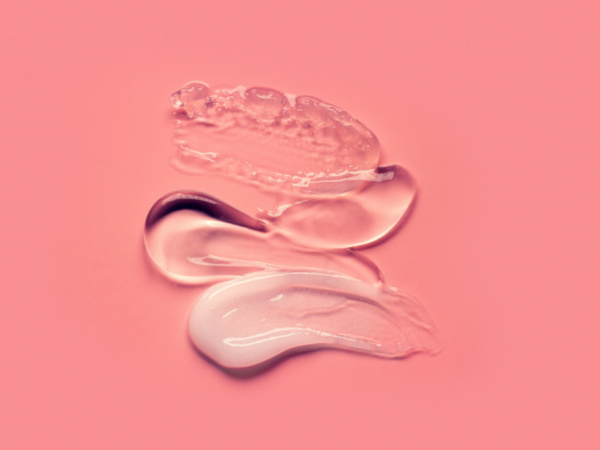
When Should I Talk to My Practitioner About My Acne Symptoms?
If you’ve already been trying to make lifestyle adjustments to reduce the opportunity for acne breakouts to occur, but you’re still experiencing troublesome, unpleasant symptoms of body acne, it could be time to talk to a healthcare practitioner.
Just complete a short online assessment, at your convenience, to get started, and one of our expert practitioners will be happy to evaluate what other potential body acne treatments might be right for you, based on your health, medical history, and current acne symptoms.
With Felix in your corner, you can take back control of your health and quality of life, so that you can get back to living life on your terms – the way it should be.
